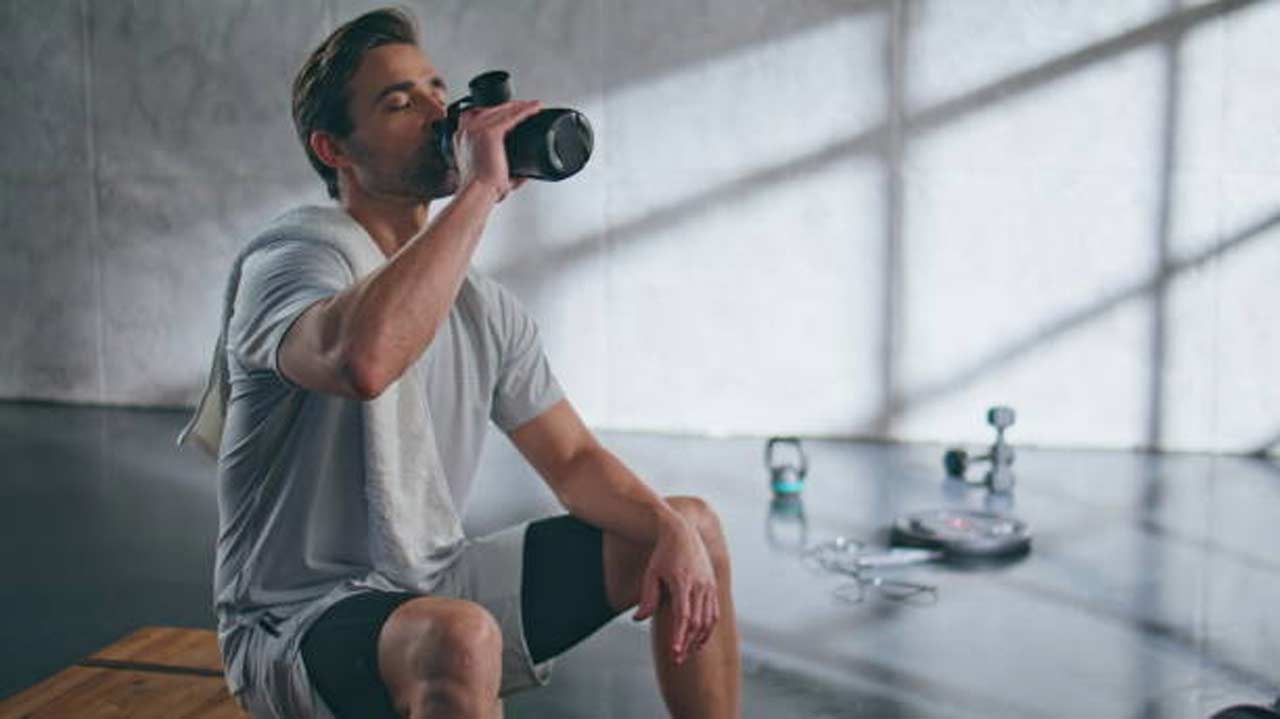Sports Hydration: How to Uplevel Athletic Performance With Proper Water & Electrolyte Consumption

Every athlete knows the frustration of hitting a wall during training or competition when their body simply won’t perform. Proper hydration directly impacts athletic performance, affecting everything from muscle function to cognitive focus during crucial moments. Sports hydration involves more than just drinking water – it requires understanding electrolyte balance, timing, and individual needs. Smart hydration strategies separate good athletes from great ones by maintaining peak performance throughout training and competition.
Understanding Hydration’s Impact on Athletic Performance
Dehydration creates devastating effects on athletic ability. Research shows that losing just 2% of body weight through fluid loss significantly impairs performance. Strength drops by approximately 2%, power decreases by 3%, and high-intensity endurance plummets by 10%. These numbers represent the difference between personal records and disappointing results.
Athletic demands push fluid loss to extreme levels. Athletes lose between 0.5 to 3.0 liters of fluid per hour depending on exercise intensity, environmental conditions, and individual factors. This massive fluid loss affects flexibility, speed, breathing efficiency, mood stability, and concentration. Track and field athletes face particular challenges due to extended outdoor exposure during competitions.
Pre-Exercise Hydration Strategies
Strategic pre-exercise hydration begins hours before activity starts. Athletes should consume 5-7 milliliters per kilogram of body weight four hours before exercise. For a 150-pound athlete, this equals approximately 12-16 ounces of fluid. This early hydration allows the body to optimize fluid distribution and achieve proper hydration status.
Final preparation requires additional attention to hydration status. Two hours before exercise, athletes with dark urine should consume an additional 3-5 milliliters per kilogram of body weight. Including sodium in pre-exercise fluids enhances retention and prevents dilution of electrolytes. Monitor urine color throughout preparation – it should appear pale yellow like lemonade, indicating optimal hydration.
During-Exercise Fluid Requirements
Consistent fluid intake during exercise prevents performance decline. Athletes should consume 4-6 ounces of fluid every 15 minutes, totaling 16-24 ounces per hour. Age-specific recommendations include 6-12 ounces every 20 minutes for adults, 11-16 ounces for teenagers, and 3-8 ounces for children. Sports drinks become essential for activities lasting longer than 45-60 minutes, providing both hydration and energy. Choose beverages containing 200 milligrams of sodium per 16-ounce serving and 6-8% carbohydrate content for optimal energy replacement and fluid absorption.
Post-Exercise Recovery Hydration
Recovery hydration requires precision to restore optimal fluid balance. Athletes should drink 20-24 ounces of fluid for every pound of body weight lost during exercise. This aggressive rehydration protocol ensures complete restoration of fluid levels and supports recovery processes.
Alternative recovery strategies accommodate different monitoring preferences. Athletes who prefer not to weigh themselves can consume 2-3 cups of fluid every hour for 2-3 hours post-exercise. Sports drinks consumed within two hours after exercise provide essential sodium to stimulate thirst and assist fluid retention while supporting muscle glycogen restoration.
Choosing the Right Hydration Solutions
Water serves as the foundation for shorter, less intense activities. Plain water provides adequate hydration for exercise lasting under 60 minutes in moderate environmental conditions. However, longer duration or high-intensity exercise demands more sophisticated hydration solutions.
Sports drinks offer targeted benefits for serious athletes. Isotonic drinks match the carbohydrate-electrolyte balance of human blood, making them ideal for replacing lost nutrients. Hypotonic drinks contain lower concentrations and work well post-workout, while hypertonic formulas provide higher carbohydrate and electrolyte content for endurance athletes. Avoid relying solely on coconut water despite its popularity – it contains insufficient sodium for optimal rehydration.
Monitoring Your Hydration Status
Practical monitoring techniques enable real-time hydration assessment. Urine color provides the most accessible indicator of hydration status – aim for pale yellow coloration. Pre- and post-exercise weighing tracks fluid loss with scientific accuracy, while thirst proves unreliable since dehydration has already begun when thirst appears. Weight loss exceeding 2% of body weight indicates inadequate hydration requiring immediate attention. Recognize warning signs including excessive sweating, muscle cramping, and unusual fatigue as indicators of developing dehydration that demands immediate fluid replacement.
Hydration: Your Performance Game-Changer
Sports hydration forms the foundation of athletic excellence through strategic water and electrolyte management. Athletes who master proper hydration timing, understand their individual sweat rates, and maintain electrolyte balance consistently outperform those who ignore these factors. Simple changes like pre-training hydration, electrolyte replacement during exercise, and post-workout recovery drinks can transform athletic performance. Smart hydration isn’t just about preventing dehydration – it’s about giving your body the tools it needs to excel when it matters most.
